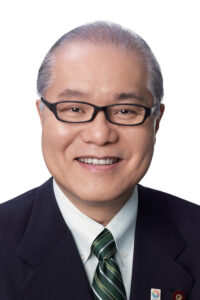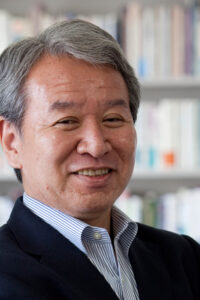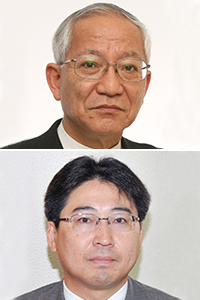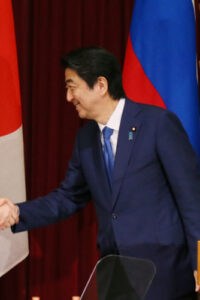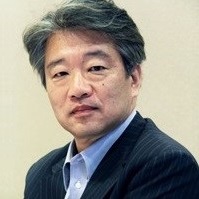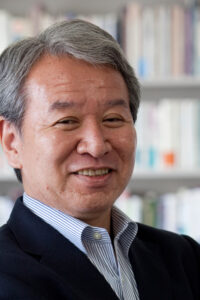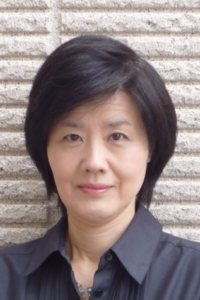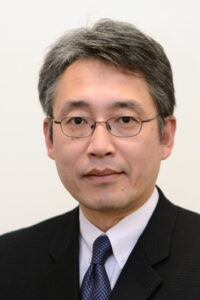
A string of missile test launches and a sixth nuclear test suggest North Korea is on the verge of becoming a true nuclear power. With differing views on how to deal with a nation insistent on maintaining its domestic regime, the international community is at an impasse. How should we look for a breakthrough? On September 3, 2017, North Korea went ahead with its sixth nuclear test. The test was immediately followed up by state-run media reporting that the country had “conducted a fully-successful test of a hydrogen bomb designed to be loaded onto an intercontinental ballistic missile (ICBM).” It is fair to say that North Korea went ahead with the nuclear test after determining that the United States would be unable to launch any military action against it. The test also succeeded in reminding the international community that North Korea was making ... ... [Read more]
